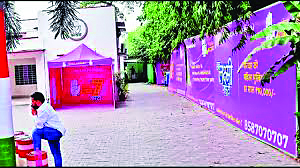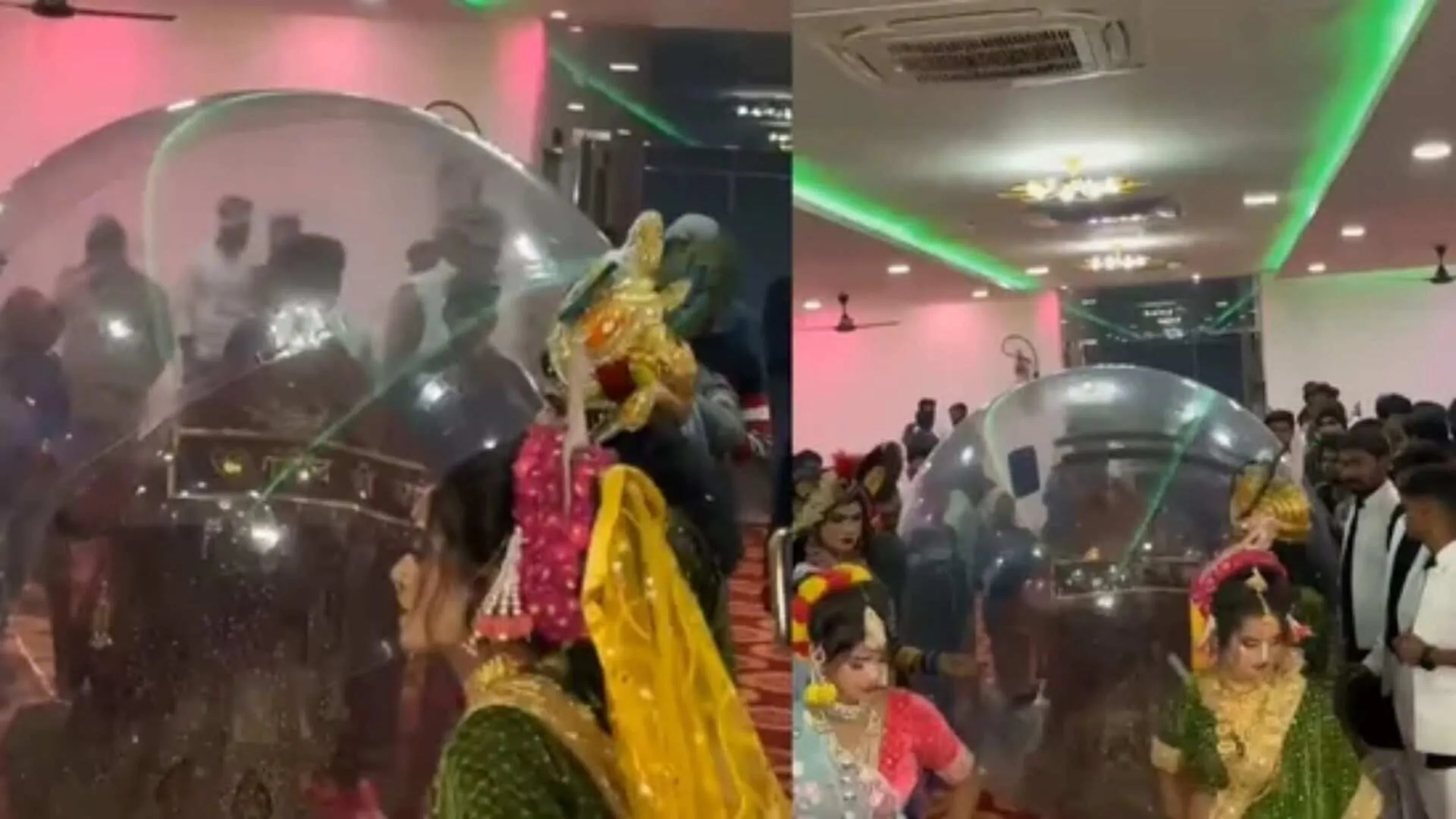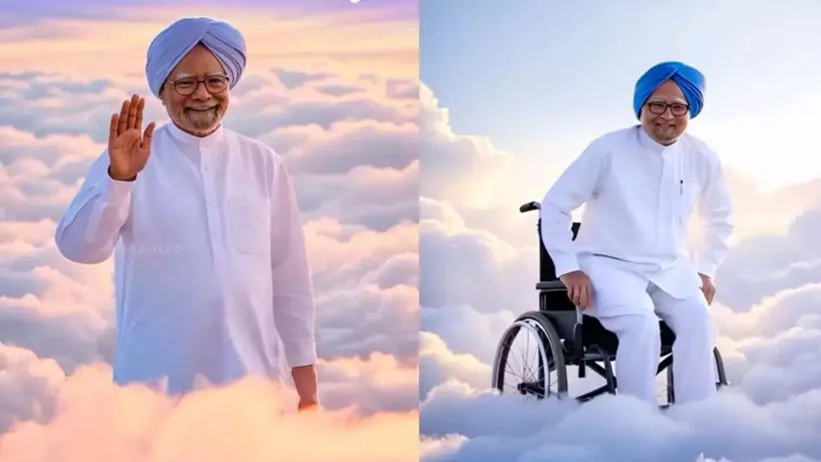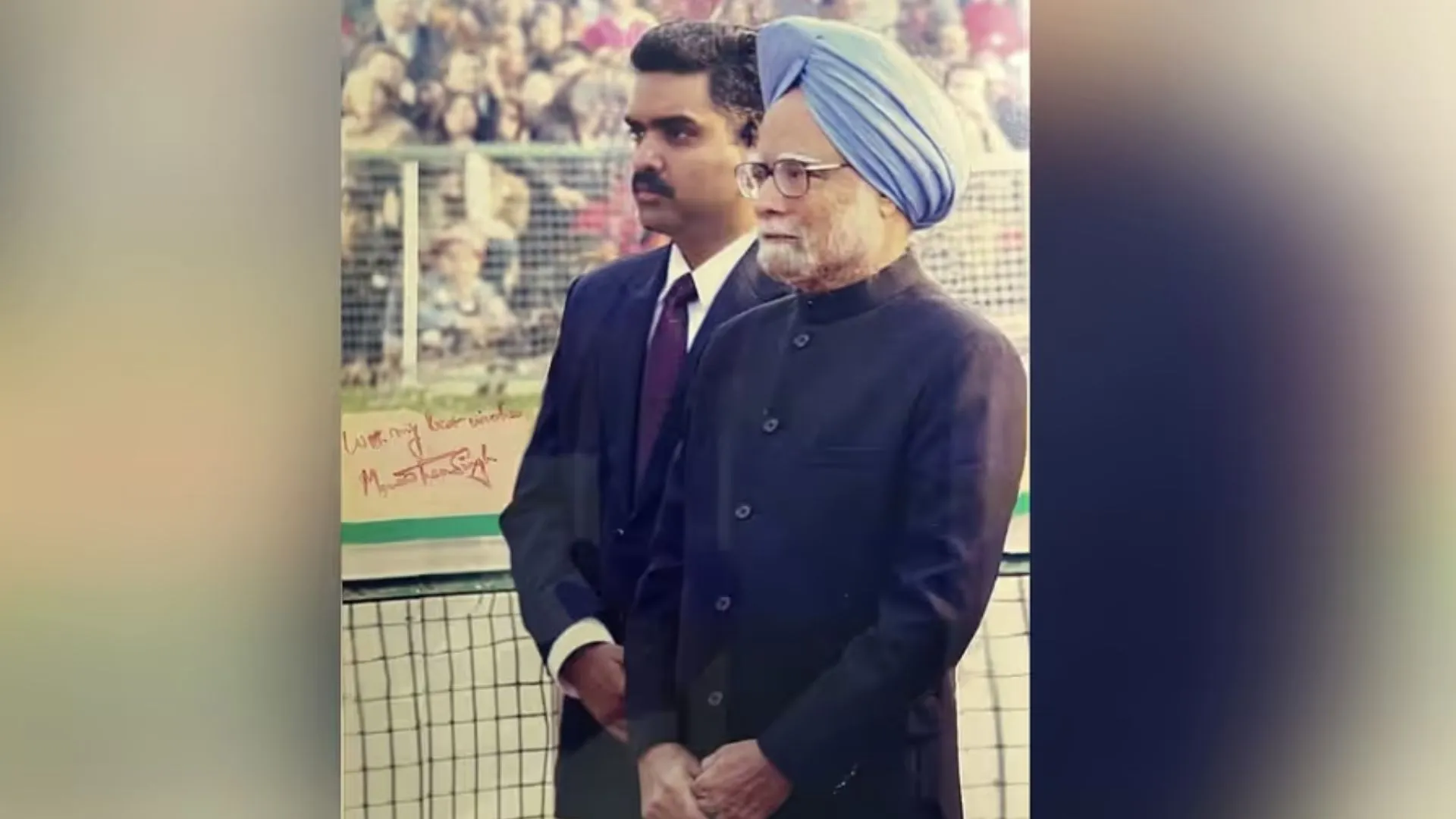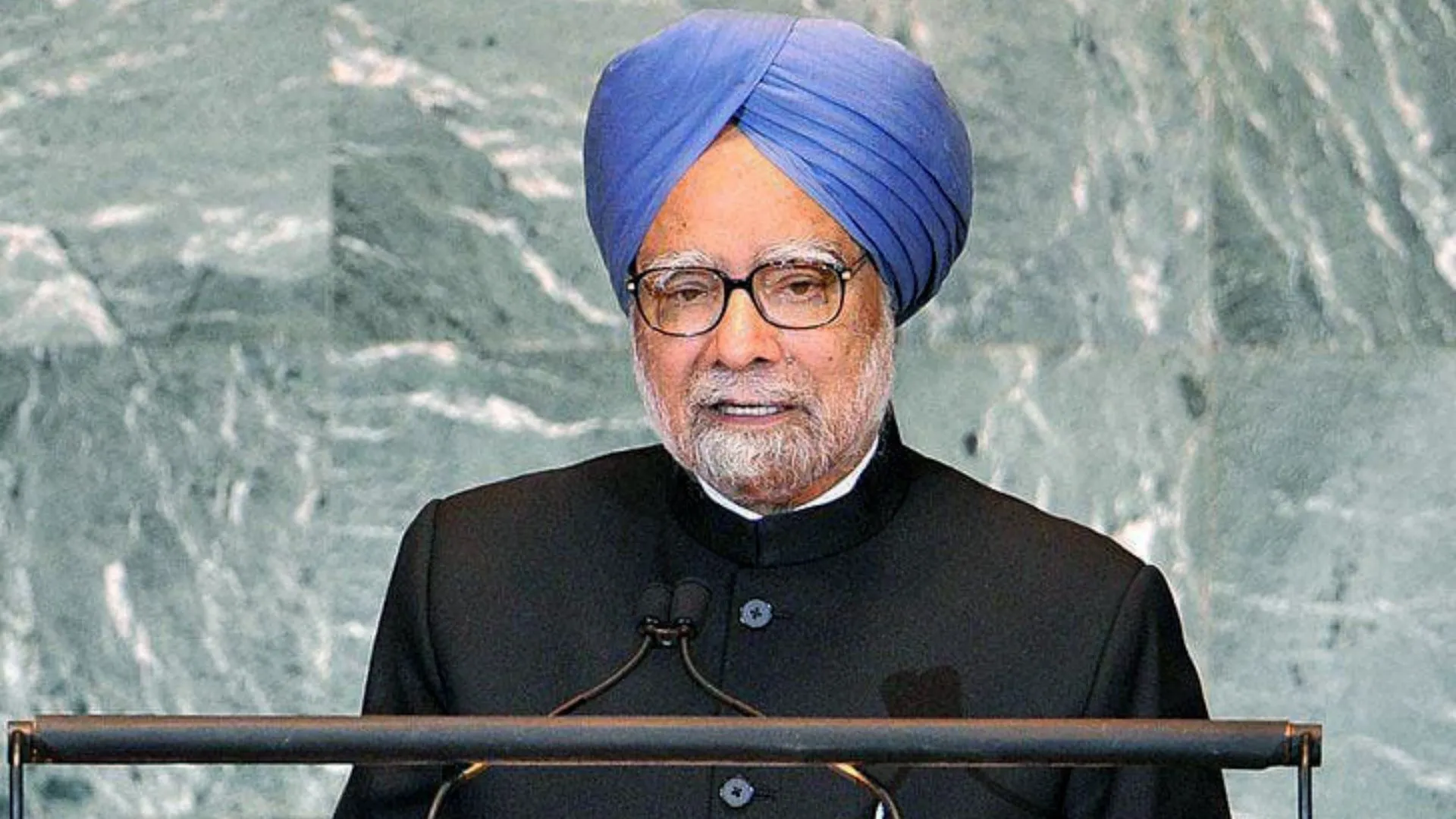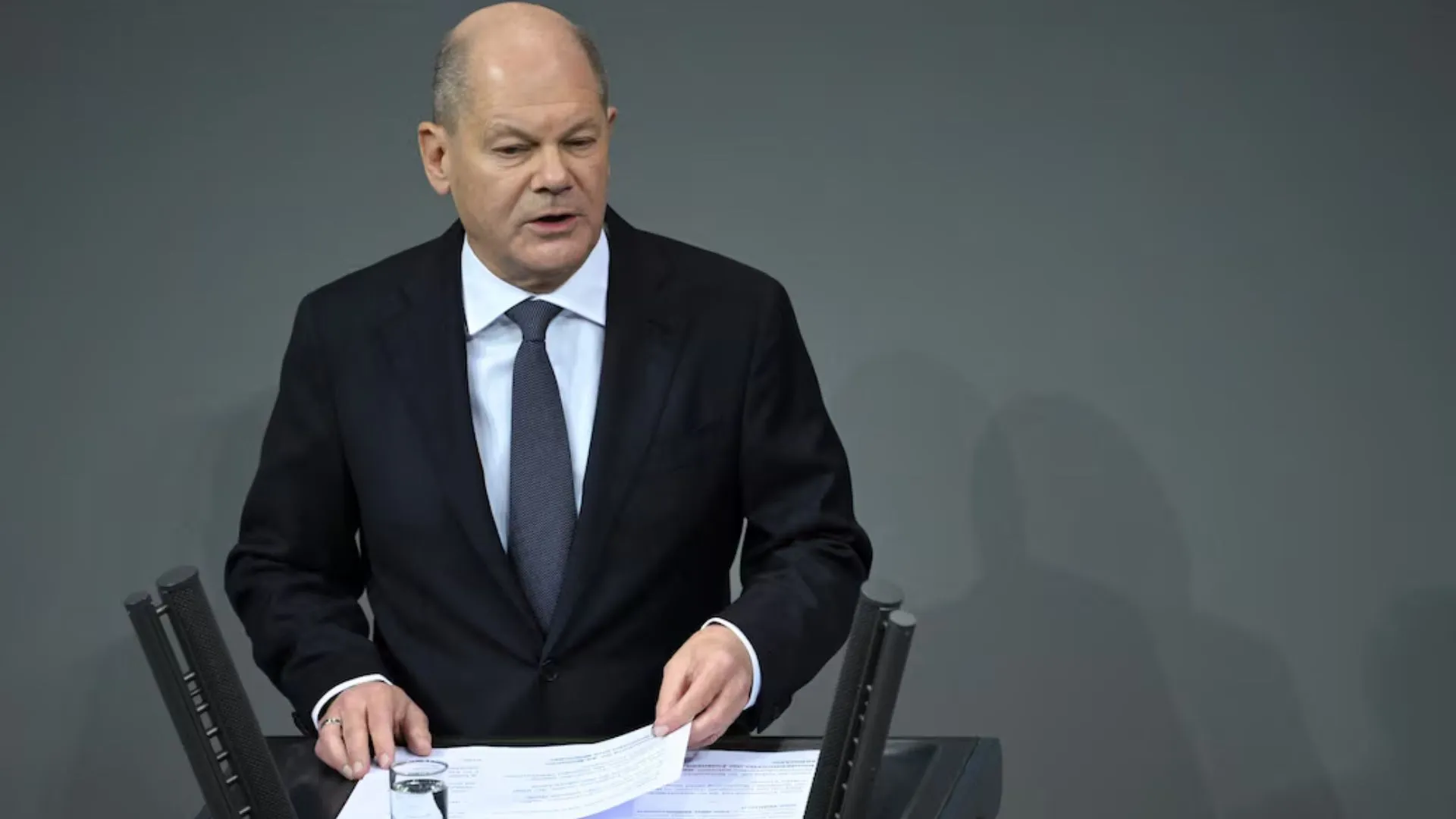The Lok Sabha election results might have shown some silver lining to the Congress party workers but the situation is not as pleasant as it seems. Their disposition straight away reflects the thinking of the party workers and their leaders. Some leaders might be jubilant at the triumph over 99 seats, but the behind the scenes there is an air of utter disappointment. The façade of the congress party is extremely depressive as there is no enthusiasm or positivity, party officials are missing and there is complete silence. The workers, who traveled from afar to witness their leaders’ celebrations, left with disappointment from the silence at the party headquarter which should be the matter of concern for Congress.
Experts believe that Congress has no such reason to feel content and celebrate, rather they should engage in deep introspection at this moment. Celebrating prematurely, especially by riding on the achievements of others, could potentially harm the party. Despite being out of power for a decade, the party’s failure to improve its position in states directly contesting with the BJP underscores its weaknesses.
While BJP conducts a thorough review from top to bottom to analyze its reduced seat count, including separate assessments by Sangh and state-level reports, Congress leaders are content with their 99 seats. Surprisingly, instead of focusing on seat losses, leaders like Rahul Gandhi and Mallikarjun appear intent on challenging Narendra Modi’s coalition government. Allies echo this sentiment, hoping for a political opportunity. Rahul Gandhi’s recent remarks about being a leader for marginalized communities and his critique of PM Modi’s reverence for the Constitution have raised eyebrows, adding to the political discourse.
Long-time party officials often only show up at the party headquarters when Rahul Gandhi or national president Mallikarjun Kharge are visiting, reflecting a stagnant leadership culture that has persisted despite the party’s prolonged absence from power. There is a perception that rather than spending time with grassroots workers, these officials prioritize proximity to Rahul Gandhi, without adequately understanding ground realities.
Rahul Gandhi’s limited availability to visit and meet with workers and staff at the headquarters has contributed to the party’s weakening presence both in Hindi-speaking states and in the South. In contrast, the BJP has begun an extensive review from top to bottom, with separate assessments by Sangh and detailed state-level reports at the party level, aiming to understand and rectify mistakes that led to fewer seats in recent elections.
Meanwhile, Congress leaders appear content with their 99-seat performance, which some view as a cause for celebration. However, there remains a stark contrast in the approach to introspection between the BJP and Congress, highlighting differing priorities and strategies within the two parties.
The current situation shows that rather than being concerned about their diminished seat count, both leaders are focused on undermining the coalition government led by Narendra Modi. Statements from Congress allies also reflect a desire to seize opportunities. Rahul Gandhi’s recent remarks about being the leader of backward communities and his comments on saving reservations have sparked controversy, particularly his gesture mocking PM Modi’s reverence for the constitution.
Rahul Gandhi appears to be focused primarily on gaining political power, similar to the approach of his mother, Sonia Gandhi. Under Sonia Gandhi’s leadership, coalition governments were formed twice, which ultimately weakened Congress significantly. After a crushing defeat in 2014, the party’s organization deteriorated, especially in Delhi, Haryana, Uttar Pradesh, Rajasthan, and Madhya Pradesh.
In states where Congress directly contests with the BJP—such as Rajasthan, Haryana, and Chhattisgarh—the party secured a total of 14 seats. However, this was achieved through alliances with local parties in Rajasthan and AAP in Haryana. Conversely, Congress failed to secure any seats in Madhya Pradesh, Uttarakhand, and Himachal Pradesh. Despite forming alliances in Uttar Pradesh and Bihar, the party only managed to win 9 out of 120 seats, with 6 in Uttar Pradesh and 3 in Bihar.
In the south, apart from Kerala and Tamil Nadu, Congress’ performance in Karnataka and Telangana was disappointing compared to assembly elections. Out of 45 seats in these states, Congress only won 17 and failed to win any seats in Andhra Pradesh, with just one seat in Odisha. Congress’ situation in Jammu and Kashmir was also bleak with zero seats, while in the northeastern states, the party secured a total of 6 seats and just one seat in Gujarat.
Despite these outcomes, Rahul Gandhi and his leadership seem content with these results, focusing more on alliances with smaller parties to counter Modi. Notably, alliances with AAP in Delhi, Gujarat, and Haryana, and with BAP and RLP in Rajasthan, reflect this strategy.
Looking ahead, the upcoming elections in Haryana, where Congress is in direct competition with Bhupendra Hooda’s support, and in Maharashtra with backing from regional parties, will be critical for the party’s future.

